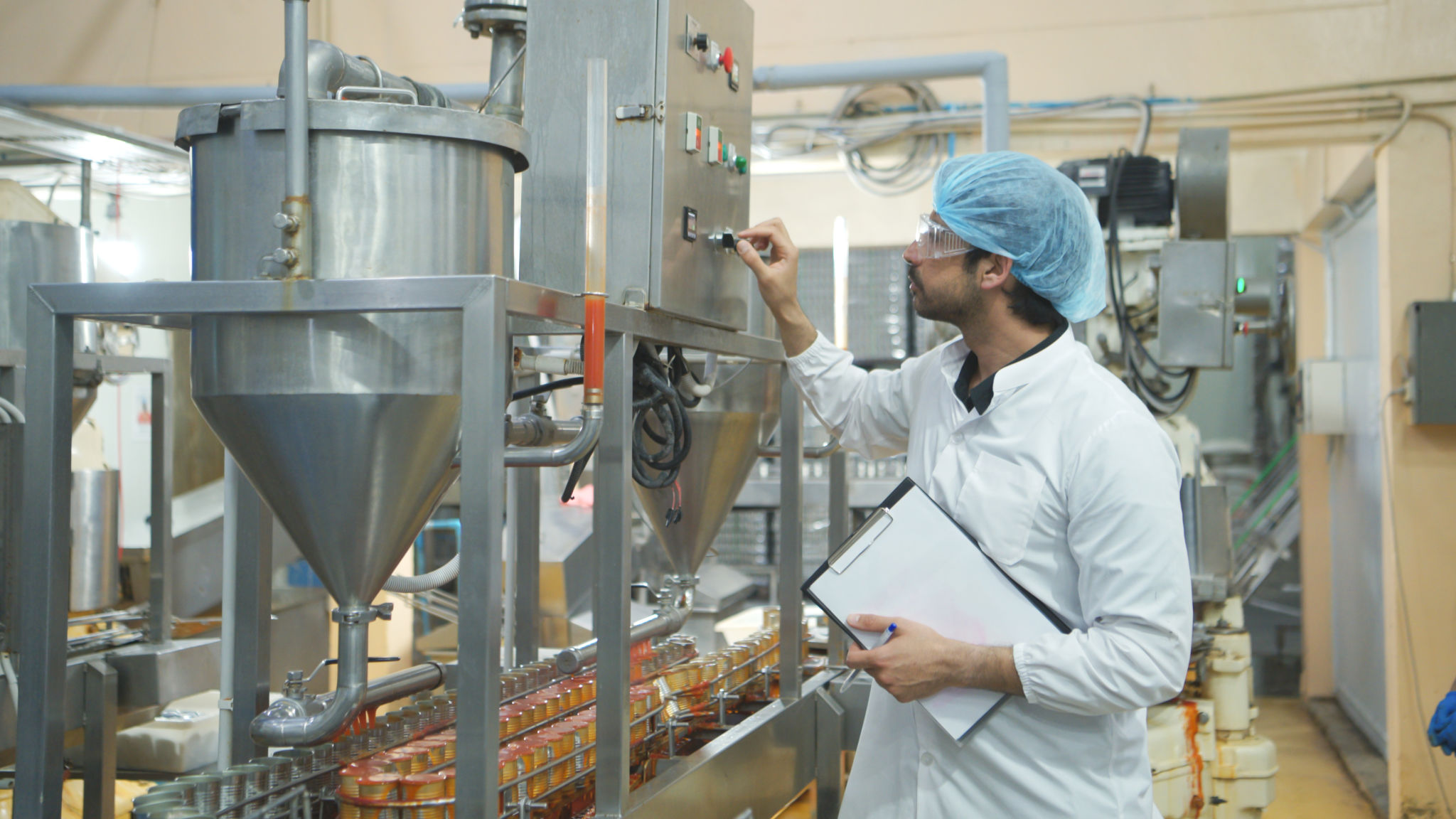Case Study: How HPP Transformed a Local Food Manufacturer in Penzance
Introduction to High-Pressure Processing (HPP)
High-Pressure Processing (HPP) is a non-thermal food preservation method that is revolutionizing the food industry. By applying intense pressure to packaged products, HPP inactivates pathogens and extends shelf life without the need for heat. This method is particularly beneficial for maintaining the nutritional quality and flavor of fresh foods.
In recent years, HPP has gained significant traction among food manufacturers looking to improve product quality while reducing waste. A local food manufacturer in Penzance recently adopted HPP technology, leading to remarkable transformations in their operations.

The Challenge Faced by the Penzance Manufacturer
The local food manufacturer was struggling with several challenges. Firstly, they faced increasing competition from larger brands with more advanced preservation techniques. Secondly, their products had a limited shelf life, resulting in higher waste and financial losses. Lastly, consumers were demanding fresher, healthier products free from artificial preservatives.
Addressing these challenges required a solution that would not only enhance product longevity but also maintain the integrity and nutritional value of the food.
Implementing HPP: The Transformation Process
The decision to implement HPP was driven by the need to remain competitive and meet consumer demands. The company invested in HPP equipment, which allowed them to process a wide range of products including juices, ready-to-eat meals, and dairy products.
The process involves placing packaged food into a chamber filled with water and applying extremely high pressure. This pressure effectively kills bacteria and pathogens without compromising the taste or nutritional content of the food.

Benefits Realized by the Manufacturer
The adoption of HPP brought about several significant benefits:
- Extended Shelf Life: Products now last significantly longer, reducing waste and increasing profitability.
- Improved Product Quality: With no heat involved, the natural flavors and nutrients are preserved.
- Enhanced Safety: The process effectively eliminates harmful microorganisms, ensuring food safety.
These advantages not only benefited the manufacturer but also boosted consumer confidence in their products.

Impact on the Local Market
The transformational impact of HPP on the Penzance manufacturer has been profound. Not only did it enable them to compete with larger brands, but it also opened new market opportunities. The ability to offer longer-lasting, fresher products appealed to health-conscious consumers, increasing their market share.
This success story has inspired other local manufacturers to consider innovative technologies like HPP, fostering a culture of innovation within the local food industry.
Conclusion: The Future of Food Manufacturing
The case of the Penzance food manufacturer highlights the significant impact that adopting cutting-edge technology can have on business operations. As consumer demands continue to evolve, embracing methods like HPP will be crucial for manufacturers aiming to remain relevant and competitive.
With its myriad benefits, HPP is poised to become a staple in modern food manufacturing, setting new standards for quality and safety.